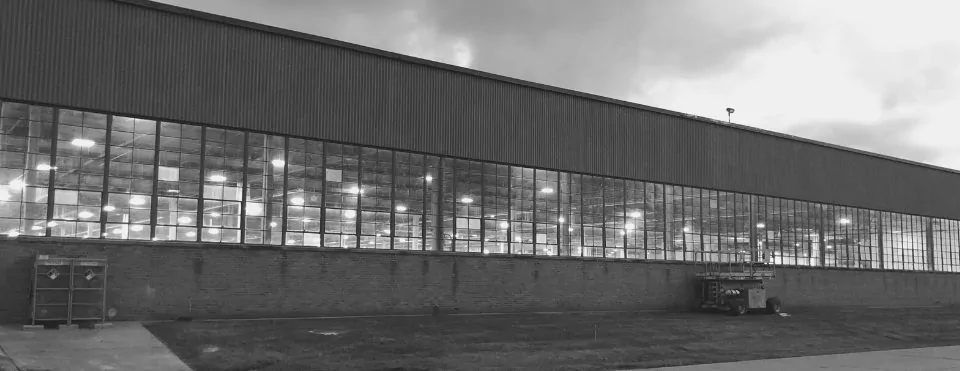Smart Thermostats in 2023
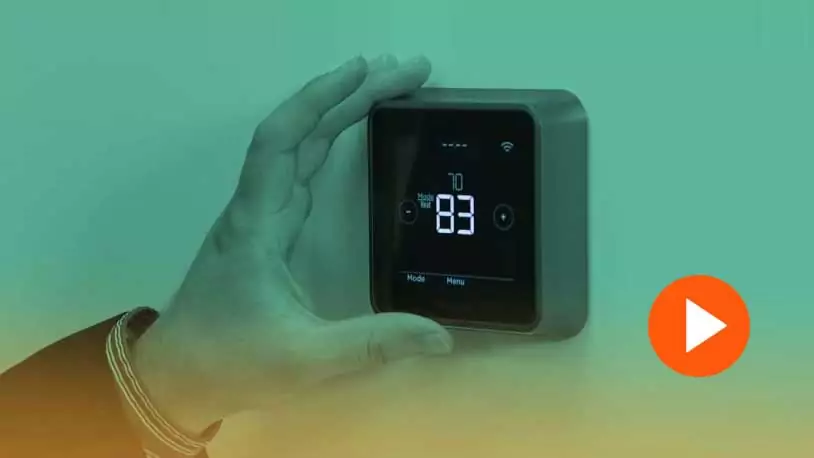
Oct 03 2018
Smart Thermostats are…well, Smart
Your complete guide to Smart Thermostats for both Commercial and Residential applications in 2023
There is no doubt that smart thermostats save energy, or this article would be about a cool tech gadget instead of an impactful product that sold over $1.36 billion dollars in smart thermostats in 2017. Nest and Ecobee are the two big brand names in this space, although there are an increasing number of players in 2018. Google and Amazon are getting in the mix as well, integrating their cloud based voice functionality and platforms, with more integrations coming soon.
Smart thermostats save energy by being a really sophisticated programmable thermostat, as well as by adding cool tech like motion sensors and smart phone integration. There is enough research into these products, as of 2018, to show that they do show significant energy savings, both on the electric and gas side (as they control both AC and heating). This savings is different depending on where you live in the United States, as Floridians would save more on the electric energy usage, while an Alaskan will see some killer savings on gas.
HVAC (Heating Ventilation and Air Conditioning) accounts for 37% of residential usage, and 44% of a commercial buildings energy usage is HVAC. This means that in order to significantly reduce the energy usage in a building or home, the HVAC system cannot be ignored.
A smart thermostats is an affordable way to save energy in HVAC, since lowering or raising the temperature controls is its major function. Upgrading your heating unit to a high efficiency furnace, or upgrading your AC unit to a higher efficiency unit is expensive. Replacing your smart thermostat is affordable, and can maximize the efficiency of your current units.
Cost of a Smart Thermostat
Upgrading a thermostat to a smart thermostat is rather affordable, usually less than $500 if done with a professional. Doing it yourself can bring that cost down, and if you are eligible for utility rebates, you can bring that cost down even further.
Most units for residential cost between $150 and $300 in 2023. Most commercial units cost slightly higher, but of course, the savings are higher on a commercial property due to heavier usage, so the higher cost is not as big of a deal. More detailed pricing on individual units are available below.
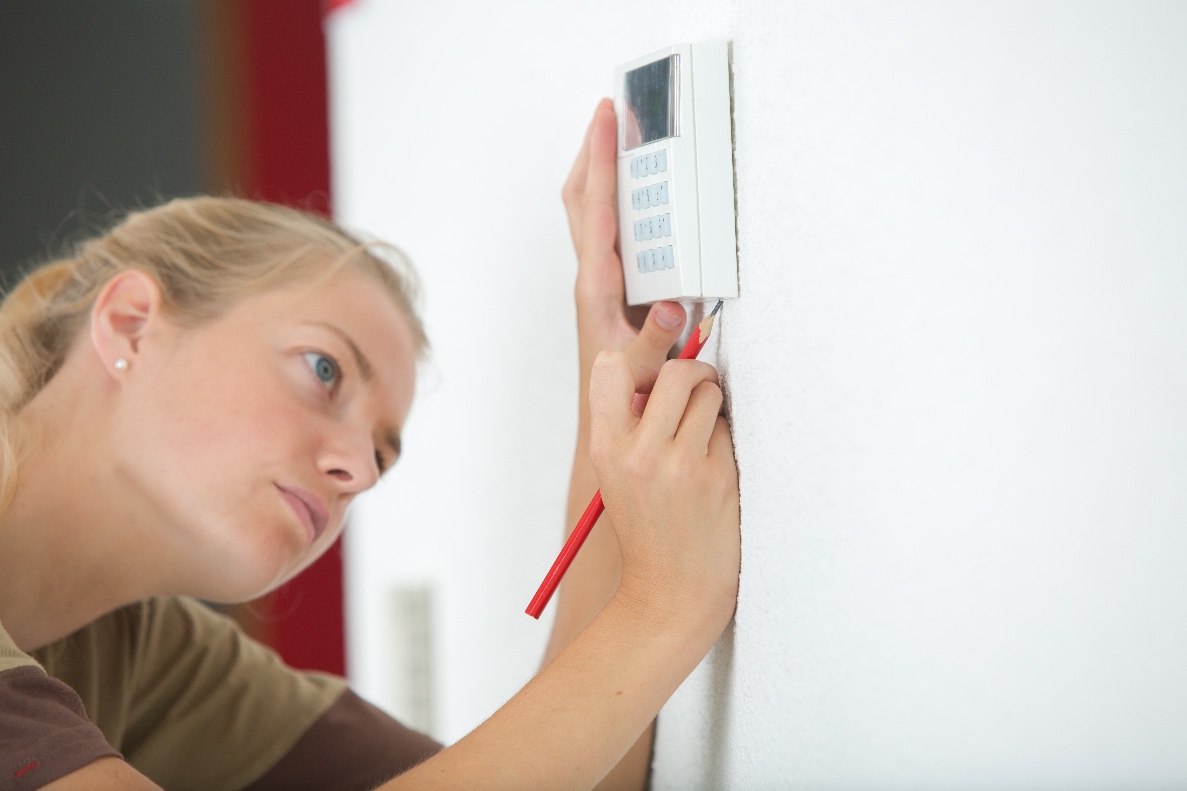
Cost of Replacing Your HVAC Unit
The cost of replacing your commercial HVAC unit can range from $5,000 to $20,000 and up, depending on your size and style. Rooftop RTUs are very common in commercial applications, and those are usually 5 ton to 20 ton in cooling capacity. Unfortunately, the heating efficiency is typically maxed out at 80% for a rooftop RTU, but the cooling capacity increases with each generation. In fact, CEE Tier 2 efficiency RTUs are seeing some fantastic efficiency improvements.
If you are able to add an economizer to your rooftop HVAC unit, you can see further advancements in both AC and heating savings. Restaurants especially can see high gains in efficiency on their AC, since their kitchens can often be 90 degrees on a autumn or spring day. Opening up the economizer to bring in fresh air from outside can avoid trying to cool off that hot kitchen air.
However, economizers are also highly effective when there are a lot of people in a small space. People’s bodies create a ton of heat, and when densely packed in a theater or other space, can require AC on even a 40 degree day. Economizers will open up and bring in fresh air, saving a ton of energy be not running the compressor.
Advanced Air Balancing and Kitchen DCV Systems
In addition, kitchen equipment can create the need from exhaust fans above them to remove the smoke and CO2 generated. This sucks (pun intended), as it pulls conditioned air out of the building, creating a negative pressure. This means that every time a door opens, hot or cold air from the outside rushes in and needs to be recooled or reheated. A Kitchen demand control ventilation system will match the exhaust fan to the cooking equipment, significantly reducing the amount of air that is pulled out of the building.
This type of sophisticated programming is currently not offered by smart thermostats, but instead through a separate system that will communicated with the smart thermostat. We have seen great success on comfort for restaurants employees and customers with this set up, and it is a great match for a smart thermostat.
Repairing Your HVAC Unit
Often, and usually on the hottest or coldest day of the year, your furnace or AC unit will quit. At this time, you can be forced to spend hundreds or thousands of dollars to get your existing unit up and running again. It is often impossible to react quickly and get a new high efficiency unit in place, so this is often not the ideal time to upgrade your unit.
HVAC technicians are often creatures of habits, and prefer to install a unit that is older and within their comfort zone, then recommend a newer unit that might be more complicated than they are comfortable performing maintenance.
Instead, it is better to perform “early replacement” of your HVAC units, spending money to upgrade to a higher efficiency unit before the moment of failure. This is easier said than done, but ultimately leads to the lowest cost overall to the building when including equipment costs, maintenance, and energy usage. It also allows you to pick your best option for a new equipment and then find someone to install it, instead of installing the equipment that your technician is comfortable installing.
Programmable Thermostats
Thermostats are basically a fancy on/off control for your HVAC unit. Thermostats take the temperature in the space, and then tell the unit to heat or cool to get to the preset temperature. The olden days of turning the heat down before going to bed were changed by the programmable thermostat, which is a unit that can be programmed to set based on the times of the day.
There is indisputable evidence that you can save energy by setting back your heat at night at home or for your business, and programmable thermostats help you accomplish this.
5-2 Programmable Thermostats

One of the best parts of these thermostats is that they can be set to change the temperature before you actually need it. For example, if you have a standard thermostat in a retail store that opens at 9am, and get there a few minutes before opening, it can take an hour to get back to the desired temperature. However, you can set the thermostat at night back even further and start the temperature change again an hour before opening. You would walk into a warm or properly cool business at opening time, and have comfortable customers to thank you.
7 Day Programmable Thermostats
These thermostats can be programmed for each day of the week, and are a much better option for businesses with varying hours or for religious facilities and community centers that have unusual hours.
Churches especially struggle with this, as they typically use their space on Sundays and a few days a week at odd hours. A seven day thermostat can let the church save energy on those days not in usage, and control when the space is warmed or cooled properly.
Smart Thermostat
A smart thermostat is a fancy programmable seven day thermostat, that goes a few steps further.
- It often includes occupancy sensors in the thermostat, communicating to the thermostat when you are home or away.
- Even furthermore, it will link to your smart phone and WIFI network to know when you are home or away. When away, it will set back the temperature to save additional energy.
- The smart thermostat can include “learning” software, which will try to learn your habits. If you always turn the thermostat down on Wednesday nights because you leave early for yoga, it will incorporate this pattern into your seven day schedule.
- The normal thermostat will shut off the heating or cooling when it gets to temperature, but there is often a ton of hot or cool air in the system that needs to be pushed around. A smart thermostat will try to predict this pattern, and shut off before it gets to temp and avoid overheating or cooling.
- A smart thermostat includes control from your mobile app or computer. This can often be invaluable for those times you travel, or forget to turn your temperature back. You can control the temperature from your phone and save money when not at home or work. Even further, it gives business owners a sense of control over your business when employees may not consider energy savings as important. You can monitor and even control the temperature when you are not there.
Ecobee
The Ecobee has a lot of options on the market, including several commercial units. It also can include Alexa integration, which is a huge value add in this day of audio intelligence.
Ecobee4(Residential)- This is typically a residential unit, although it can be used in some residential applications. In Chicagoland, you can purchase this unit for $249, and are eligible for a $100 rebate from the Comed Energy Efficiency Program.
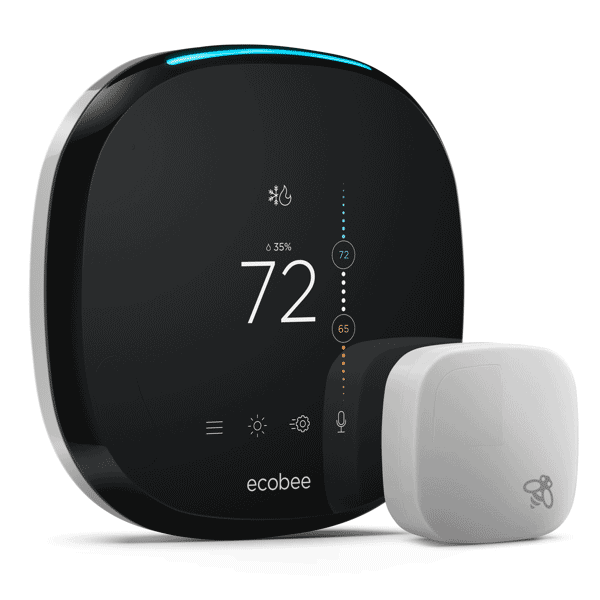
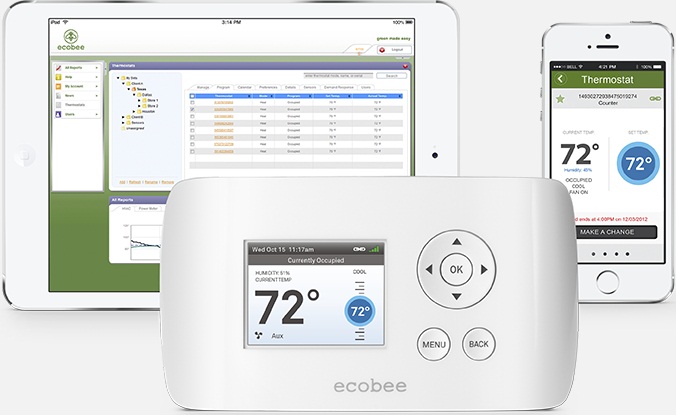
Ecobee Smart Occupancy Sensor – This smart occupancy light switch is amazing, as it also communicates another data point of temperature away from the thermostat. You might have a cold kitchen, and this occupancy sensor can communicate that cold spot back to your thermostat. It also sheds some insight into the future capacity of our smart home, even more integrated than we can imagine today. I am always thinking of creative ways to heat and cool homes with technology, and I did not see the occupancy sensor in the light switch coming. Very ingenious.
Nest
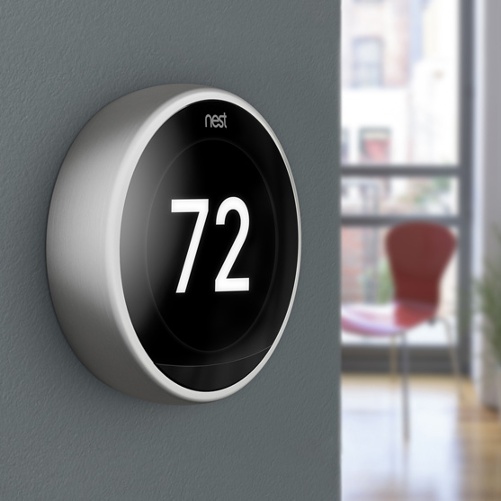
Nest 3rd Generation Thermostat (Residential or Commercial)- this is the basic unit available to customers. It has learning functionality, farsight (the ability to detect when you walk by), compatibility with 95% of the furnaces and AC units on the market, among a super easy install and operation. The 3rd Generation Nest is $249, and eligible for a $100 incentive for residential and a $100 incentive for businesses through People’s Gas and North Shore Gas.
Nest E (Residential)- This newer unit is lower in price point, available as low as $69 after a $100 rebate in Comed territory. This unit has much of the same functionality, although it seems like there is a lower level of compatibility with existing HVAC units and it lacks the farsight ability. If you are price sensitive but want to get a smart thermostat, then this is the unit for you. I personally have the Nest 3rd Generation in my home and office and love the farsight functionality, and think it is worth the extra money. The Nest E is $169, and eligible for a $100 incentive for residential or a $100 incentive for businesses through People’s Gas and North Shore Gas (not both).
Honeywell
Honeywell has been a trusted name in thermostats for years, and really knows how to control HVAC units. However, they have been a bit late to the smart thermostat game and are not as strong in making tech partnerships, like Nest and Ecobee.
Lyric(Residential)- The Lyric seems to be a competitor to Nest E and Ecobee4, very sleek and minimalistic in design. The price point is around $149, has a lot of the similar offerings as Nest and Ecobee, as well as one call Geo-fencing. This follows your activity and when you start heading home, it will get the temperature of your home up to your setting.
WiFi Smart Thermostat(Commercial or Residential)- This product is a bit more traditional, with a touch screen and larger interface. It has an app and platform, like the Ecobee and Nest, and has a great compatibility with existing HVAC units due to their experience in the thermostat industry for years. Price point is $179 to $199 and available for a $100 incentive in Chicagoland for both residential and commercial properties.
Lux
The Lux/Geo Wifi thermostat lacks the color display of a Nest or Ecobee, but it has one strong advantage. The Geo has the capacity to run the thermostat on 2 AA batteries. Both Nest and Ecobee have internal batteries, which makes it a dream to not have to replace batteries both environmentally, headaches, and cost. However, these batteries are recharged through something called a c-wire, and sometimes this creates issues for these new smart thermostats.
Since older thermostats did not require electricity, this C Wire is often lacking and can create issues during install. The Lux/Geo would be a great option when this problem exists, although replacing the batteries would be a pain. We would recommend trying the Ecobee Smart Si with the power extender instead, if you have the unit professionally installed. The price point of this product is great at $149, although it only qualifies for the $100 commercial incentive for People’s Gas and North Shore gas at this time.
Learning Functions
Learning functions of smart thermostats are one of the coolest features – they learn your patterns, and also try to inject some intelligence into your behavior to save both energy and effort. The more that we can take away human behavior that causes mistakes, the more savings we will see. A great example is turning the heat up to 80 when you want it to be 72 because it is taking too long to warm up (spoiler alert – it won’t heat faster).
Control for Business
One of the best features of a smart thermostat is the control that it gives the business owner. Employees or customers can often change your thermostat, based on how they are feeling in the moment, and those decisions are not about saving energy or even what is best for everyone in the environment. However, a smart thermostat gives the business owner a chance to not only monitor, but also override changes in temperature request.
In fact, passcodes are available to stop individuals from changing the temperature, giving ultimately control to the business owner. I will always remember seeing strongly worded notes about the temperature setbacks required from one of our franchise owners at a popular restaurant, posted near his thermostats. When he recently converted his stores to Ecobee EMS SI system, with support form the Comed Energy Efficiency Program, he was able to set the program and lock it. If there were issues on temperature in the store, he could make the changes if it was appropriate, but not waste energy based on daily fluctuations of the store manager or customer opinions.
Rebates to offset the cost
Many states have energy efficiency portfolios or laws that are designed to spend money to reduce energy. Illinois, our local state, has one of the most aggressive energy efficiency programs in the United States, and our legislature doubled down on our collective efforts in 2018 and will spend more than $400 million this year on energy efficiency.
This money has to be spent to subsidize the cost of energy savings equipment, and smart thermostats are at the top of the list of opportunities to save gas and electric. For that reason, you may be eligible to purchase a smart thermostat at a discounted price. If you are outside of our state, check with your local utility to see if they have any opportunities for rebates for smart thermostats. The product information and recommendations that you read won’t change state by state, but the incentives will.
If you are a residential homeowner reading this in Illinois, check out the marketplace that Comed has provided that will give you instant discounts on your purchases. If you need help on the install, give us a call (but don’t be afraid to try yourself, as it is fairly easy to install a smart thermostat).
If you are a commercial customer in Illinois, you will receive a higher incentive by working with a registered trade ally that has the ICC Certification for Energy Efficiency Installer. Good news – Verde Energy Efficiency Experts is both of those and can help you get the best product at the best price. Give us a jingle before you purchase your commercial smart thermostat at (773) 413-9587 or click the link below.
Featured Posts
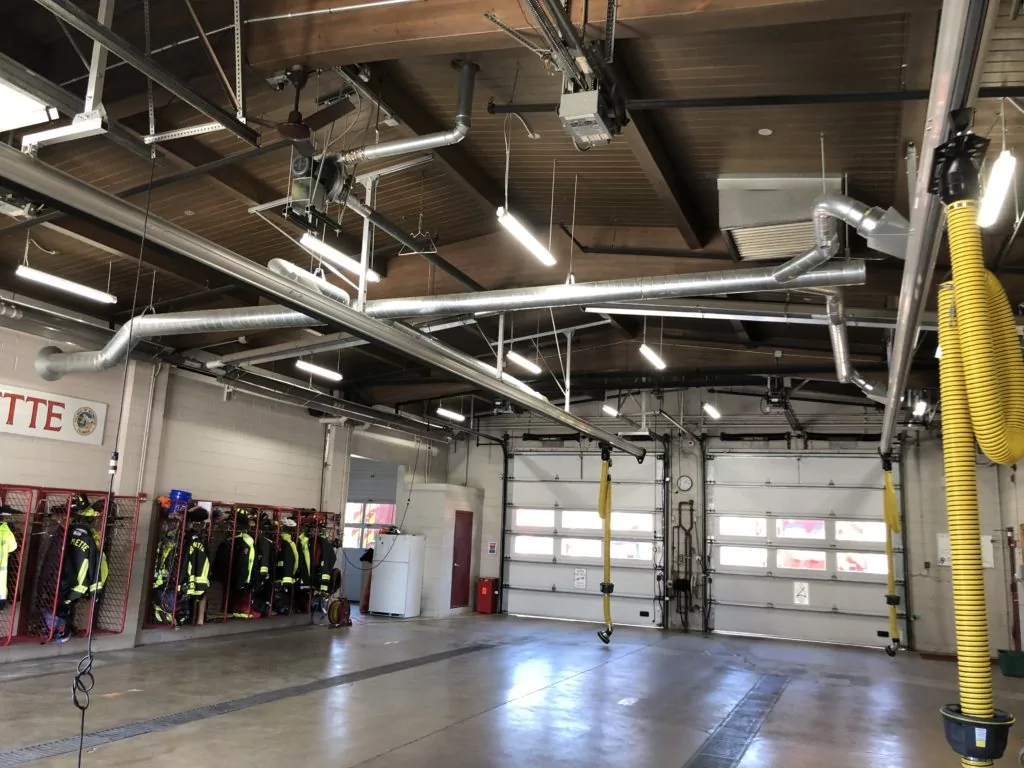
Mar 15 2021
Energy Savings Formula
In 2002, I became a firefighter in the north suburbs of Chicago. I was young and idealistic - loving almost every part of the job. However, I had another secret passion - sustainability. In addition…
Continue Reading >

May 02 2019
Verde Energy Efficiency Experts 10 Most Sustainable Companies in Chicago
In our energy efficiency consulting firm, we constantly look for inspiration from local companies that lead and innovate in clean energy and sustainability. Not all companies have billion dollar budgets, but that doesn’t mean that…
Continue Reading >
Related Articles
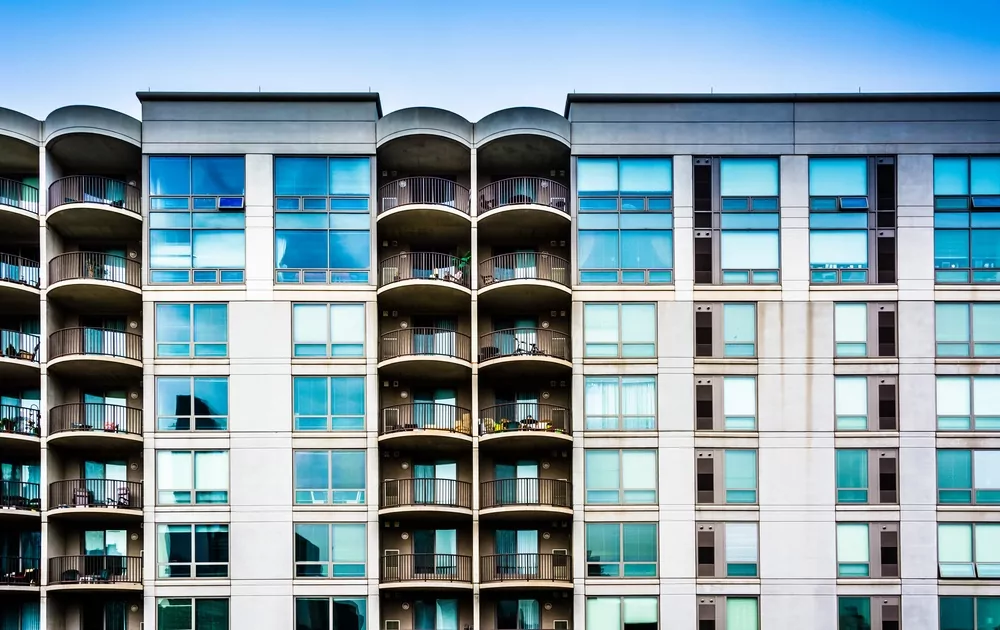
Nov 23 2023
The Impact of Poor Building Energy Controls on Your Bottom Line
The Impact of Poor Building Controls on Your Bottom Line In today's business world, where every dollar counts, it is more important than ever to be mindful of expenses. One often-overlooked area where businesses can…
Continue Reading >
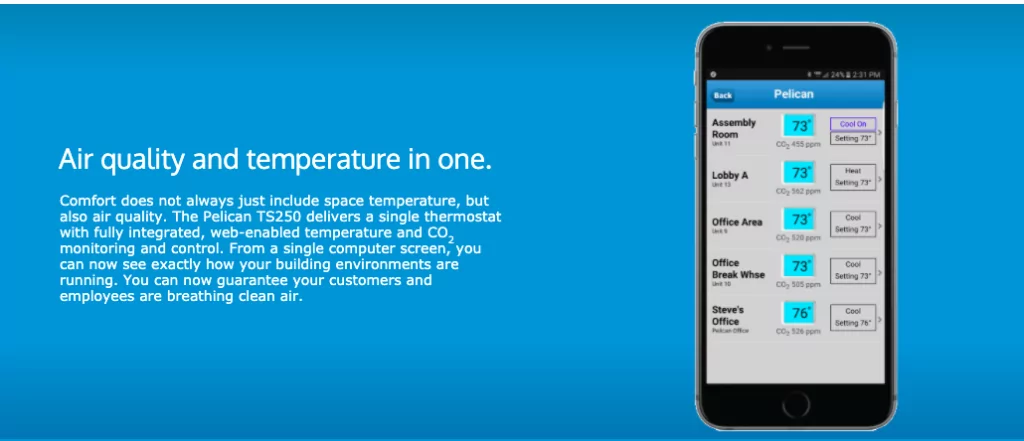
Aug 23 2020
Pelican Smart Thermostat Site Manager
Commercial HVAC equipment is a huge energy user in Chicago - cooling in the summer and heating in the winter. Sensors, controls, and smart thermostats are essential to optimize equipment usage, and the Pelican smart…

